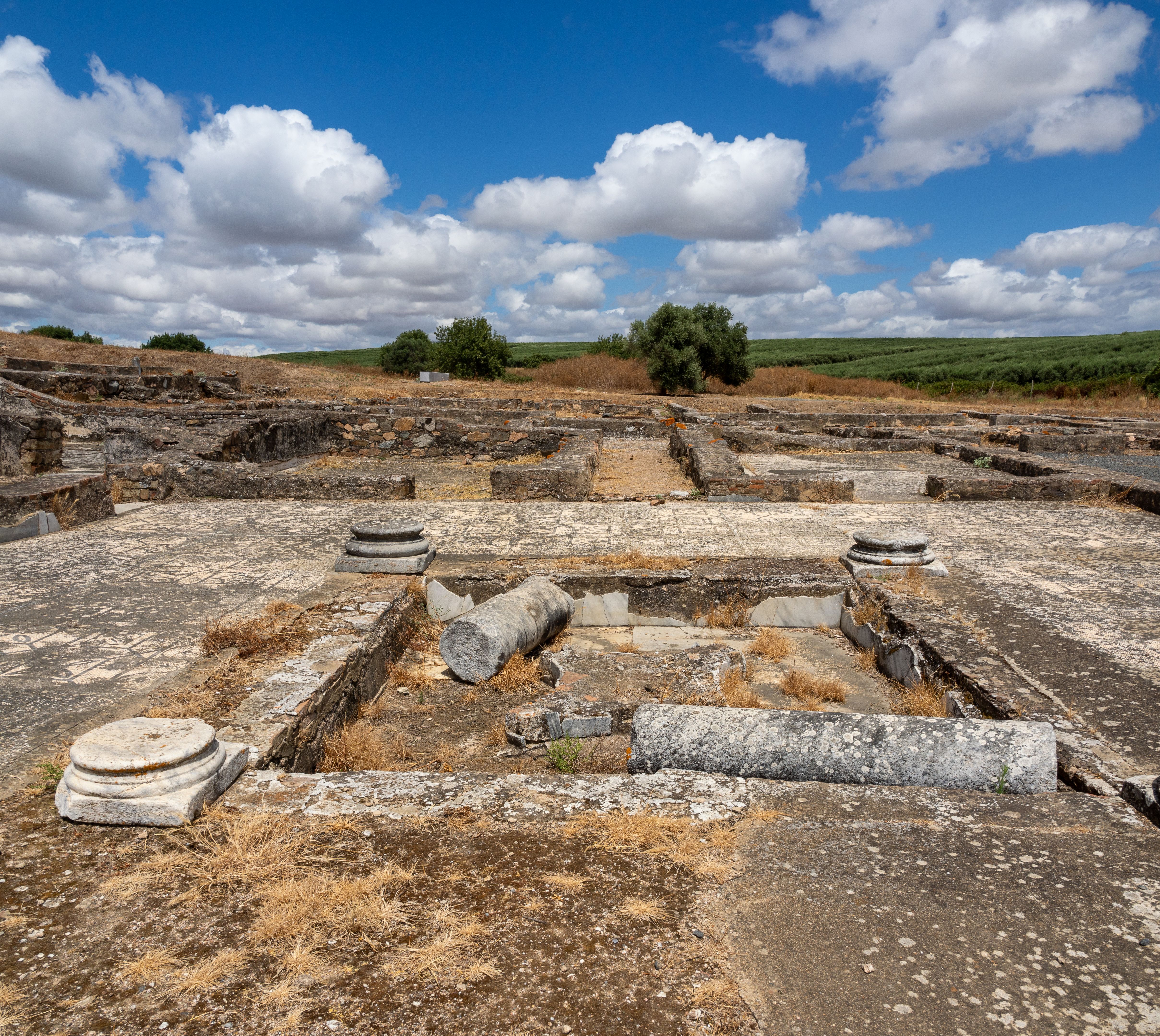The Value of Legacy and Reputation: Lessons from History
RR
The Importance of Legacy in Shaping Societies
Legacy is more than just a word; it's a powerful force that has shaped societies throughout history. From ancient civilizations to modern empires, the legacies of influential leaders, thinkers, and cultures have left an indelible mark on the world. By examining historical legacies, we can understand how past actions continue to influence current events and future possibilities.
Consider the Roman Empire, whose legal systems, architecture, and governance structures have inspired countless societies. Their legacy lives on, influencing modern law and architecture. The way Rome built its legacy offers valuable lessons on the importance of long-term vision and strategic planning.

The Role of Reputation in Historical Narratives
Reputation has always played a crucial role in history. It often determined the success or failure of rulers and their empires. A leader's reputation could rally a nation or lead it to ruin. For instance, Alexander the Great's reputation as an undefeated military commander inspired his troops and intimidated adversaries, facilitating his successful conquests.
However, reputations aren't always accurate reflections of one's true character. Propaganda and biased historical accounts can distort reputations, either elevating or demonizing historical figures. It's essential to critically analyze sources to understand the reality behind reputations.

Lessons from Historical Legacies
History offers numerous lessons on building and maintaining a positive legacy and reputation. Here are a few key takeaways:
- Consistency and Integrity: Figures like Mahatma Gandhi are remembered for their unwavering commitment to their principles, which helped cement their positive legacies.
- Adaptability: The ability to adapt to changing circumstances, as seen in the resilience of the British monarchy, has allowed institutions to endure over centuries.
- Contribution to Society: Contributions that benefit society as a whole, such as those made by inventors and scientists, create lasting legacies that transcend generations.
The Double-Edged Sword of Legacy
While legacy can be a source of pride, it can also be a burden. Individuals or institutions with revered legacies may face pressure to live up to past achievements. This pressure can stifle innovation and lead to an overemphasis on preserving tradition rather than embracing progress.
An example is the challenge faced by companies with storied histories, such as established automotive brands that must innovate to compete with new electric vehicle manufacturers. Balancing respect for legacy with the need for innovation is crucial for sustained success.

Reputation Management: A Modern Challenge
In today's digital age, managing reputation has become more complex than ever. Social media amplifies both praise and criticism, making it imperative for individuals and organizations to actively manage their reputations. Historical lessons can guide modern reputation management strategies.
One strategy is transparency, which builds trust and helps maintain a positive reputation. By being open about successes and failures, organizations can foster authenticity and resilience against potential reputation-damaging events.

The Enduring Impact of Legacy and Reputation
The legacies and reputations built by historical figures continue to influence contemporary society in profound ways. By understanding these concepts' historical significance, we can better navigate our roles in shaping future legacies.
Ultimately, the value of legacy and reputation lies in their ability to inspire future generations. Whether through the enduring principles of democracy or the innovative spirit of past entrepreneurs, history's lessons remind us of our potential to leave a meaningful mark on the world.